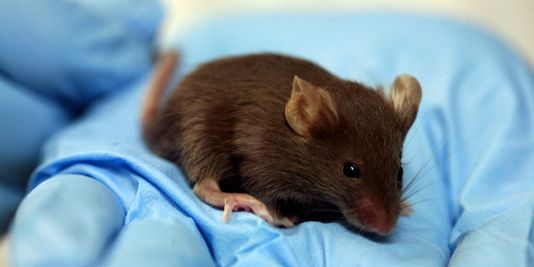They say you can’t teach an old dog new tricks. The same can be said of the adult brain. Its connections are hard to change, while in children, novel experiences rapidly mold new connections during critical periods of brain development.
UC Irvine neurobiologist Sunil Gandhi and colleagues wanted to know whether the flexibility of the juvenile brain could be restored to the adult brain. Apparently, it can: They’ve successfully re-created a critical juvenile period in the brains of adult mice. In other words, the researchers have reactivated brain plasticity – the rapid and robust changes in neural pathways and synapses as a result of learning and experience.
And in doing so, they’ve cleared a trail for further study that may lead to new treatments for developmental brain disorders such as autism and schizophrenia. Results of their study appear online in Neuron.
The scientists achieved this by transplanting a certain type of embryonic neuron into the brains of adult mice. The transplanted neurons express GABA, a chief inhibitory neurotransmitter that aids in motor control, vision and many other cortical functions.
Much like older muscles lose their youthful flexibility, older brains lose plasticity. But in the Gandhi study, the transplanted GABA neurons created a new period of heightened plasticity that allowed for vigorous rewiring of the adult brain. In a sense, old brain processes became young again.




